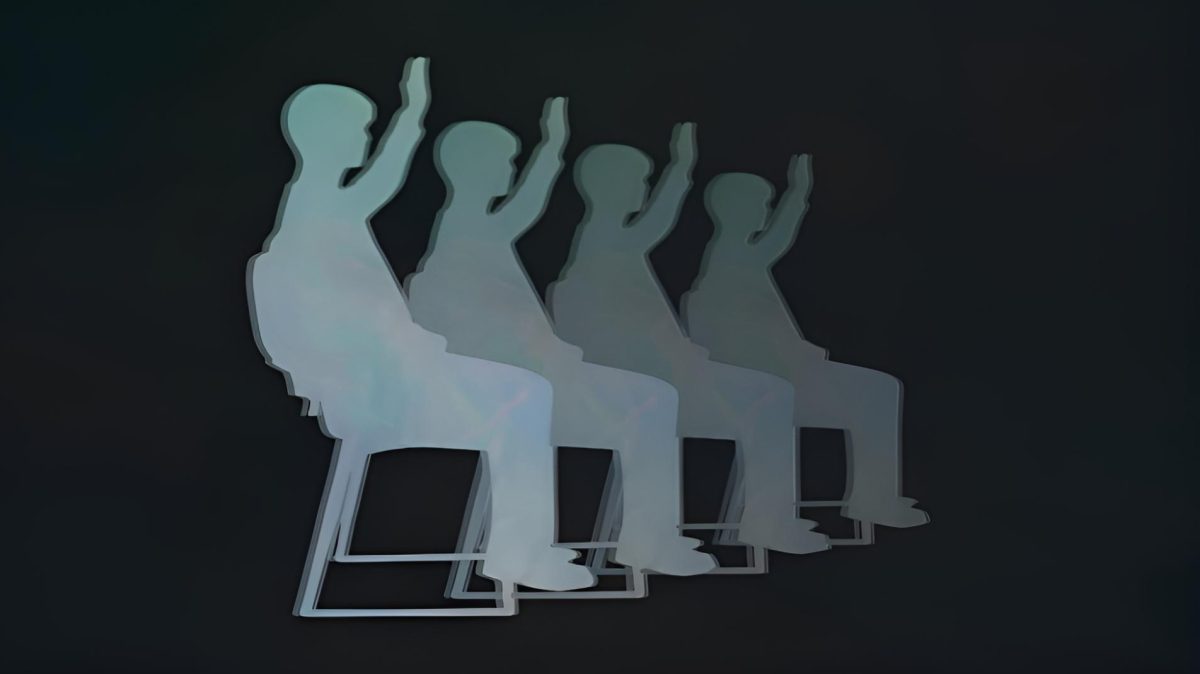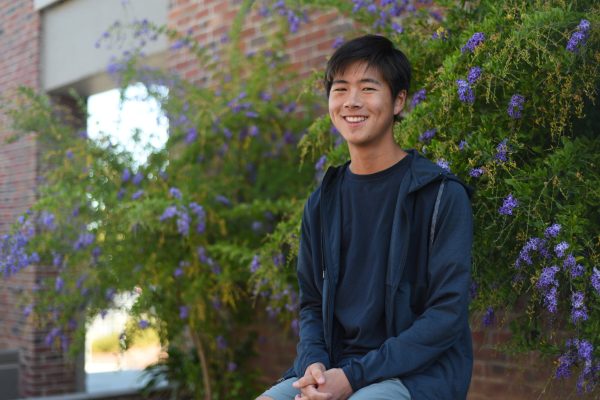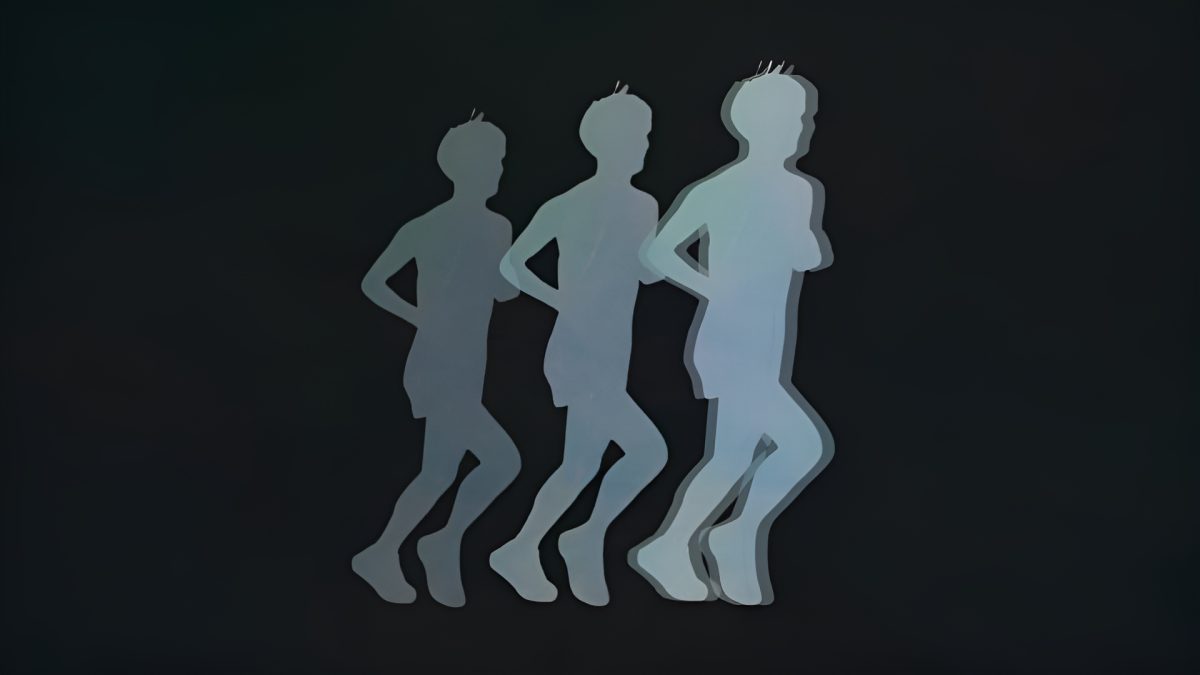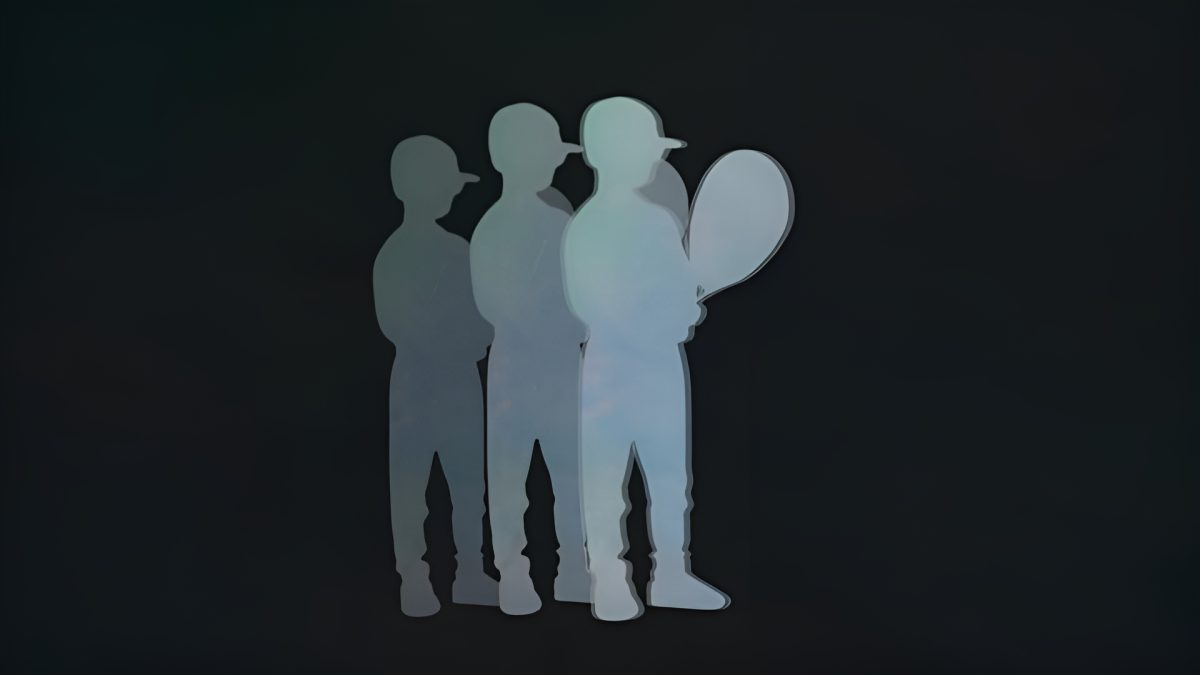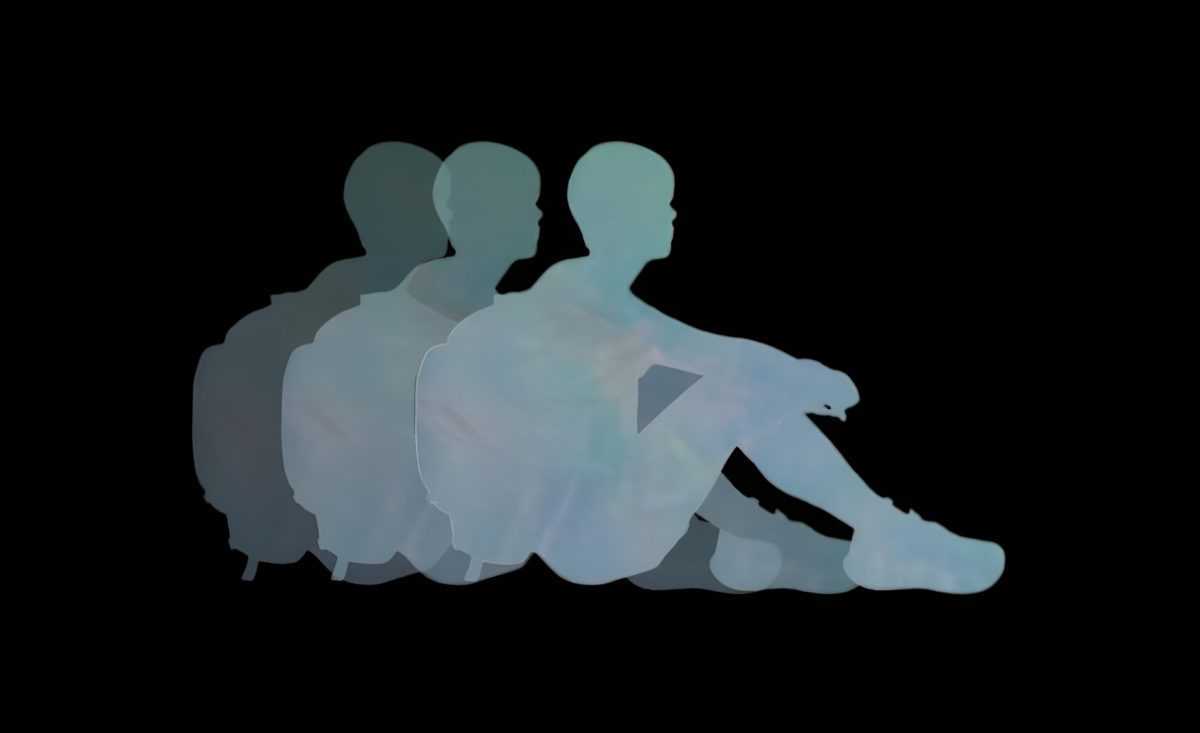In school, we’re taught to obey certain rules: to be on time, raise our hands and follow directions, for example. We’re led to believe that these rules are right and that opposing them is wrong; there are rule followers and rule breakers, with the latter being troublemakers.
Growing up, I was a stickler for the rules. To me, they weren’t just important — they were unquestionable. Not only were the rules established by people who knew better than I did, but they also provided structure and brought some certainty to an otherwise chaotic world. As a rule follower, I believed it was my responsibility always to respect and uphold them.
For this reason, I was caught off guard in eighth grade when the principal called me to his office. He spoke with my teacher briefly and, in front of the class, told me to pack my backpack and follow him. Hundreds of thoughts raced through my head. Since he needed me to bring my bag, I likely wouldn’t return to class. I began imagining every possible worst-case scenario. What could I have done wrong?
“What did you do?” my classmates asked. I could only answer, “I don’t know.”
“You’re not in trouble,” the principal assured me. But I was worried. He said he wanted to speak with my parents: he needed to confiscate my Benadryl in compliance with district policy.
We met the school nurse in her office. Benadryl had made headlines after social media trends encouraged teens to get high on lethal doses, and the principal feared for student safety. He claimed that the Benadryl ban had always been in place. However, I was registered to self-carry my medication and had already established a plan with my counselor at the beginning of the school year.
At the principal’s request, I emptied the contents of my medication bag. I am allergic to wheat, dairy, eggs, nuts and oats. Benadryl, an antihistamine meant to slow the symptoms of an allergic reaction, is my first defense.
With a trembling voice, I explained this to the principal. He insisted I could instead visit the office for Benadryl in case of an allergic reaction. However, walking would only allow the allergen to circulate faster.
The principal reiterated that this was for student safety. I thought, “For other students’ safety, you’re willing to compromise mine?”
I went back and forth with him, challenging each of his justifications. “I eat far from the office. I need my Benadryl on me at all times.” Something about this rule felt off. I wasn’t trying to make trouble. I just needed my medication.
The principal ushered me out of the room to call my parents but didn’t let me go to class, even though the next period had started and an hour had passed. In the end, he let me keep the Benadryl. He believed I’d proven myself responsible enough.
I know the principal meant well — as I’ve come to understand, being a leader is not straightforward. My experiences as a teacher assistant and former middle school transition leader have redefined authority in my eyes. It’s clear to me now that rules are human constructs. Therefore, they are not perfect, nor are the people who enforce them.
Being a rule follower does not inherently make someone right while being a rule breaker doesn’t inherently make someone wrong. In other words, people who go against authority are not necessarily “troublemakers.”
After all, I knew what was best for me and spoke up for myself. I’ve come to trust my own judgment, for it is not our responsibility to uphold the rules but to assess them for ourselves and advocate for needed change.
Ultimately, being a rule follower isn’t just about following the rules, but knowing which rules are worth following.



